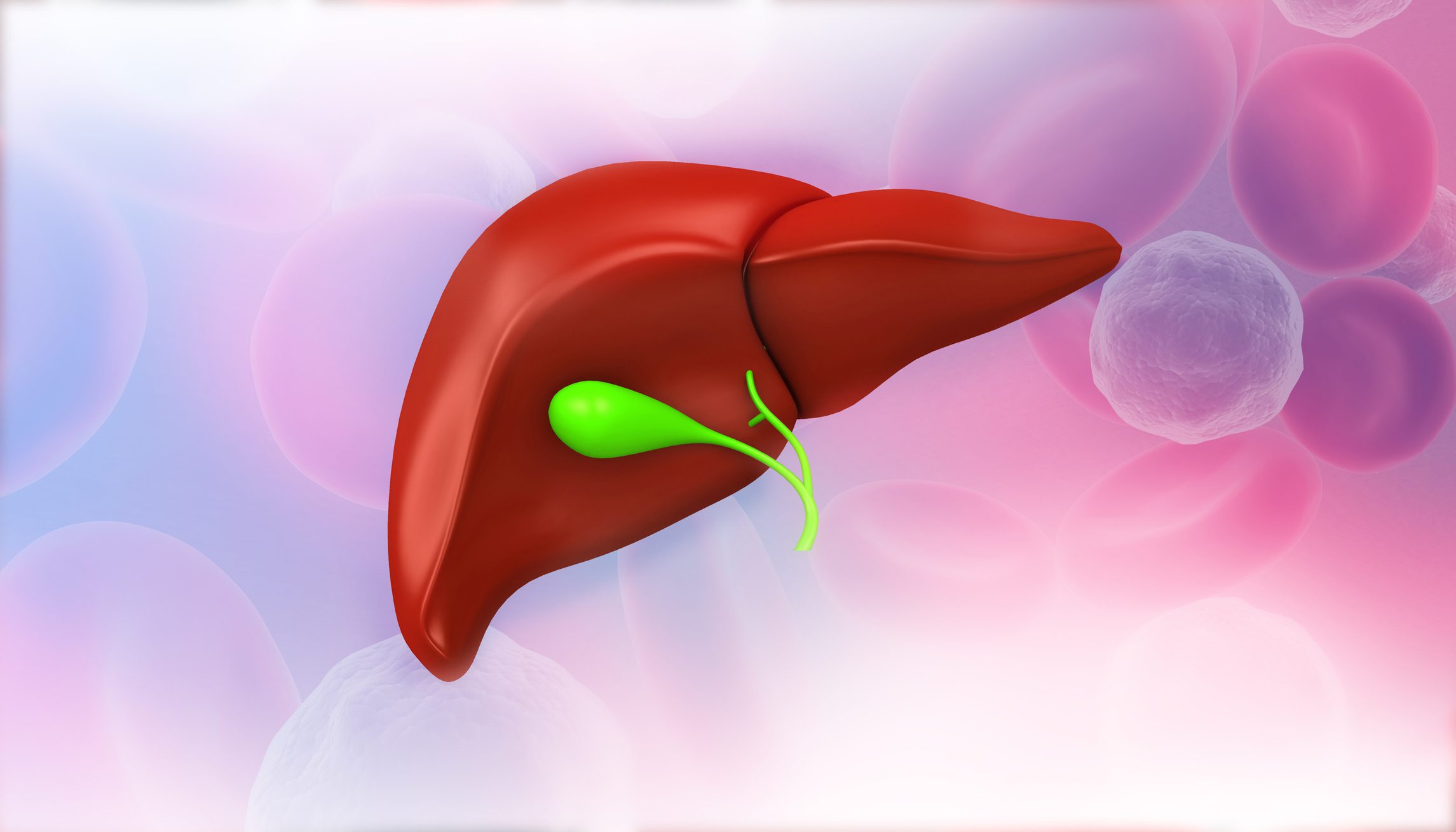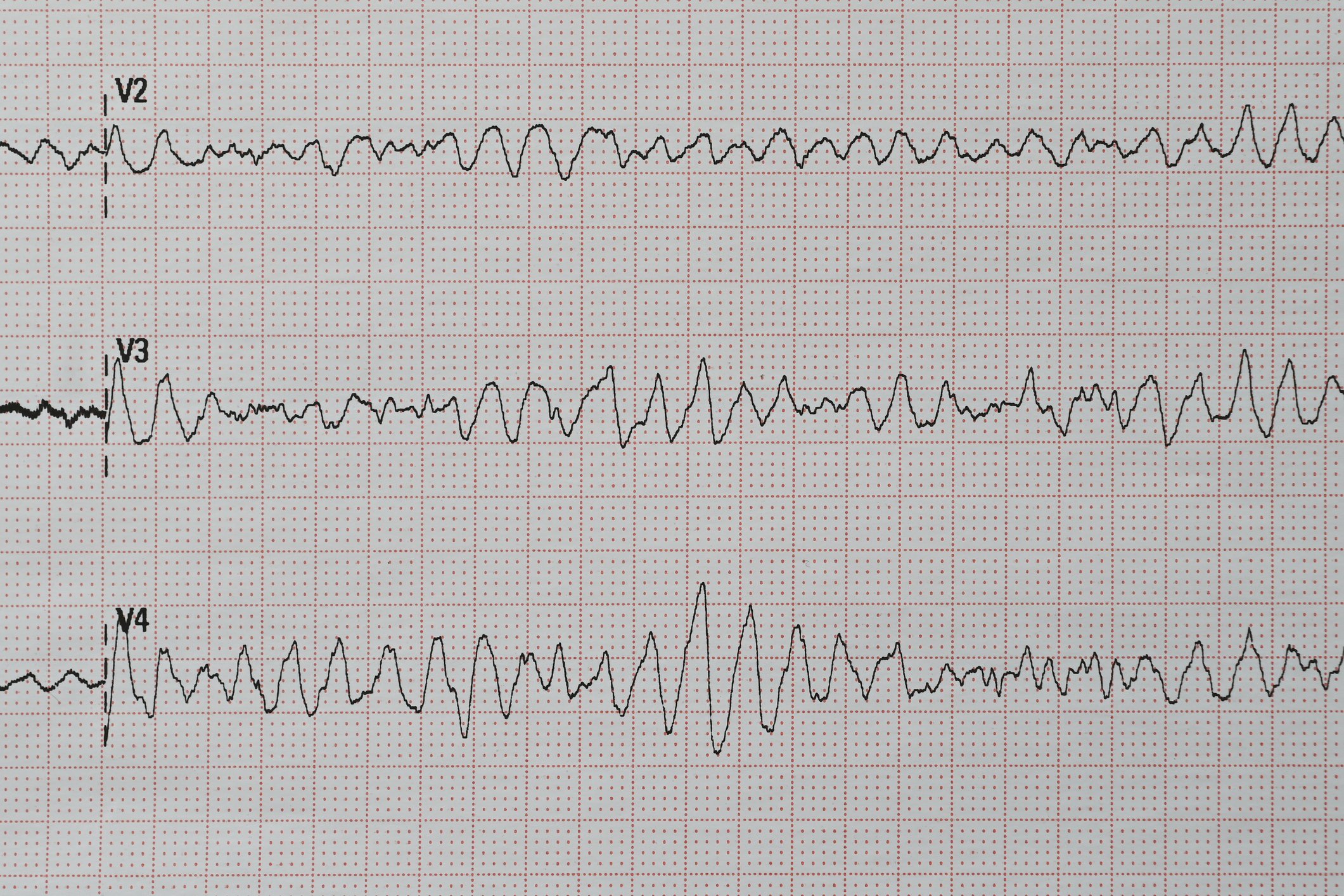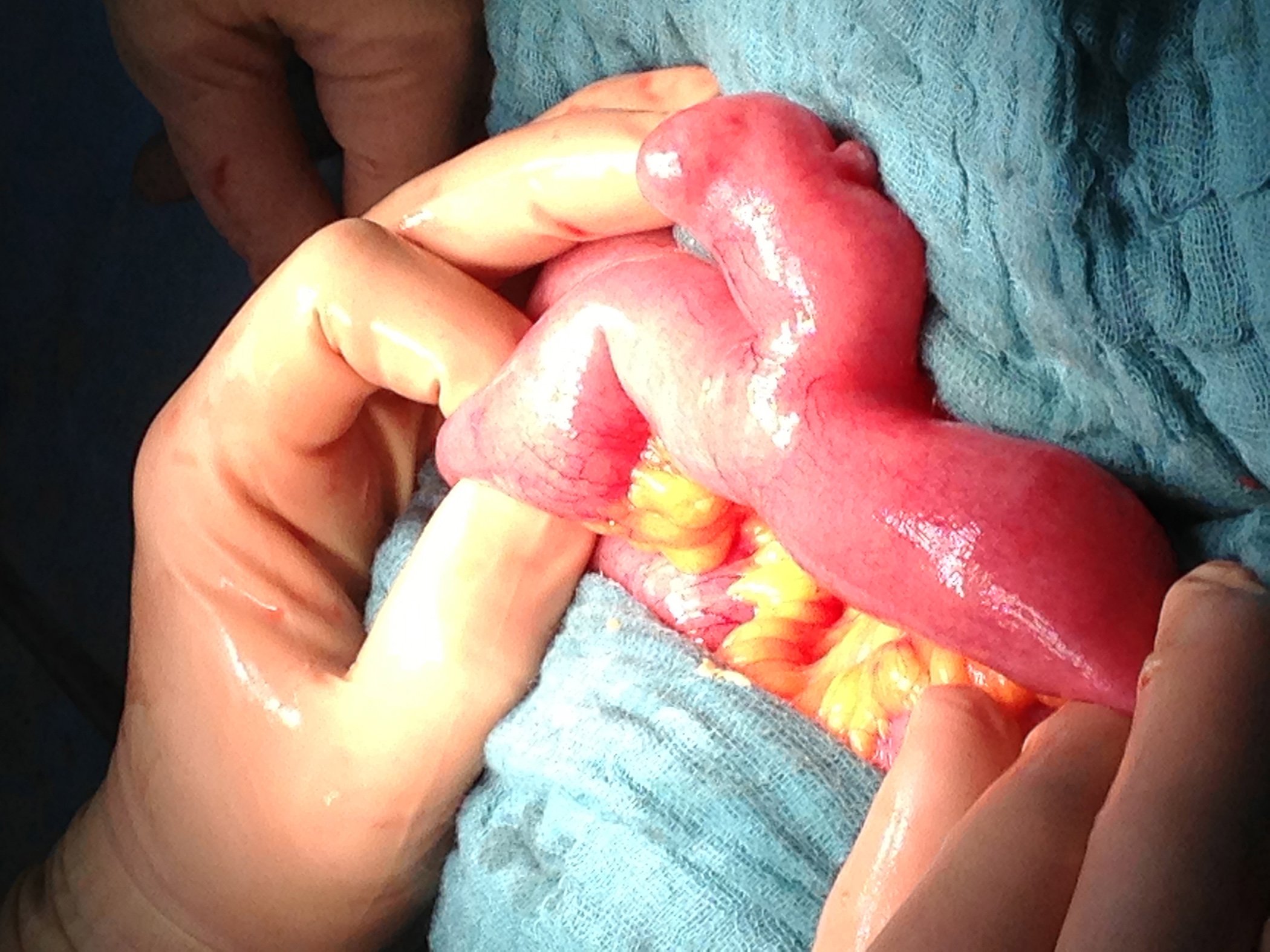The EASL guidelines on the clinical management of hereditary cholestatic liver disease, published in 2024, suggest that genetic testing should be performed as early as possible in the diagnostic process after ruling out common causes. Along with a better understanding of the genes and proteins involved in biliary homeostasis and the increasing availability of genetic testing, more and more patients with adult-onset cholestasis are being tested for cholestasis genes that play a role in progressive intrahepatic familial cholestasis (PFIC).
Autoren
- Mirjam Peter, M.Sc.
Publikation
- HAUSARZT PRAXIS
Related Topics
You May Also Like
- Early detection of type 1 diabetes
Detection of insulin autoantibodies as an early marker
- Type 2 diabetes
Smoking causes more than double the risk
- From symptom to diagnosis
Abdominal pain – Colitis
- Pathophysiology, cardiovascular consequences and metabolic interventions
Obesity accelerates cardiovascular ageing
- CKD: counteracting kidney progression and reducing the risk of CVD
Targeted intervention through a multifactorial approach
- COPD therapy
Drug therapy – Update 2025
- Atrial fibrillation: interdisciplinary effort is crucial
Managing risk factors and comorbidities in addition to rhythm control
- Casuistry











